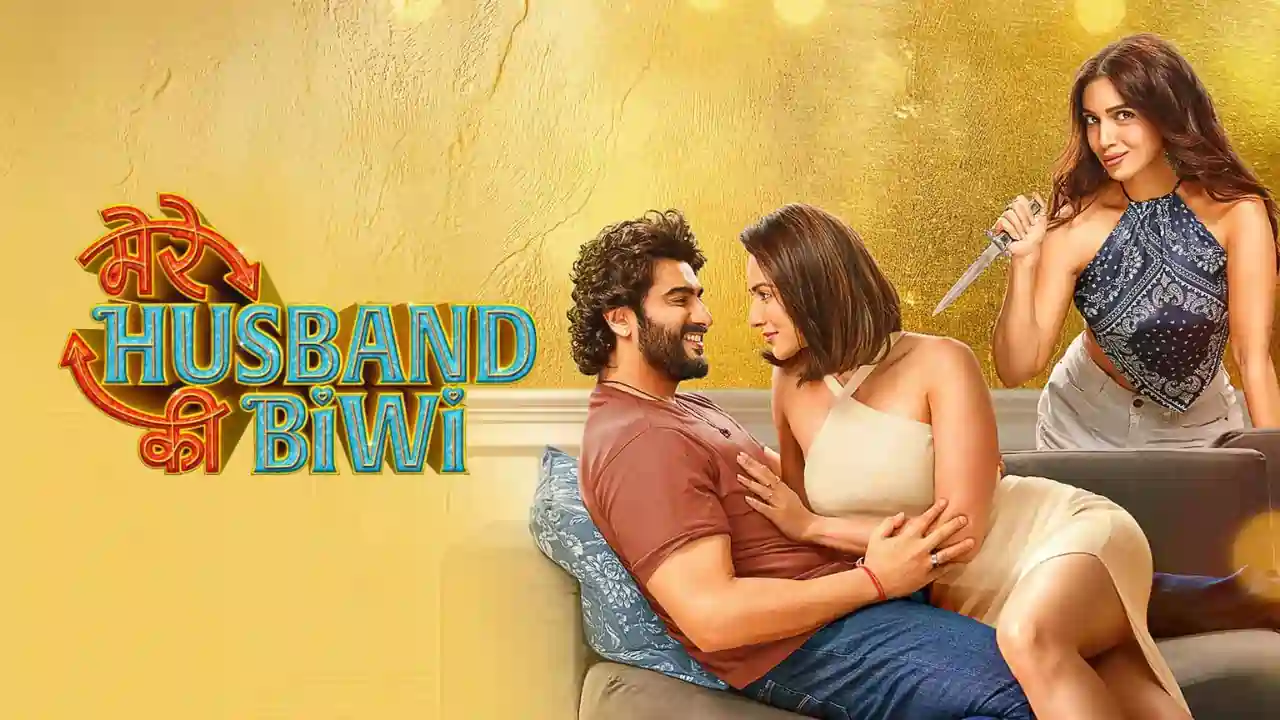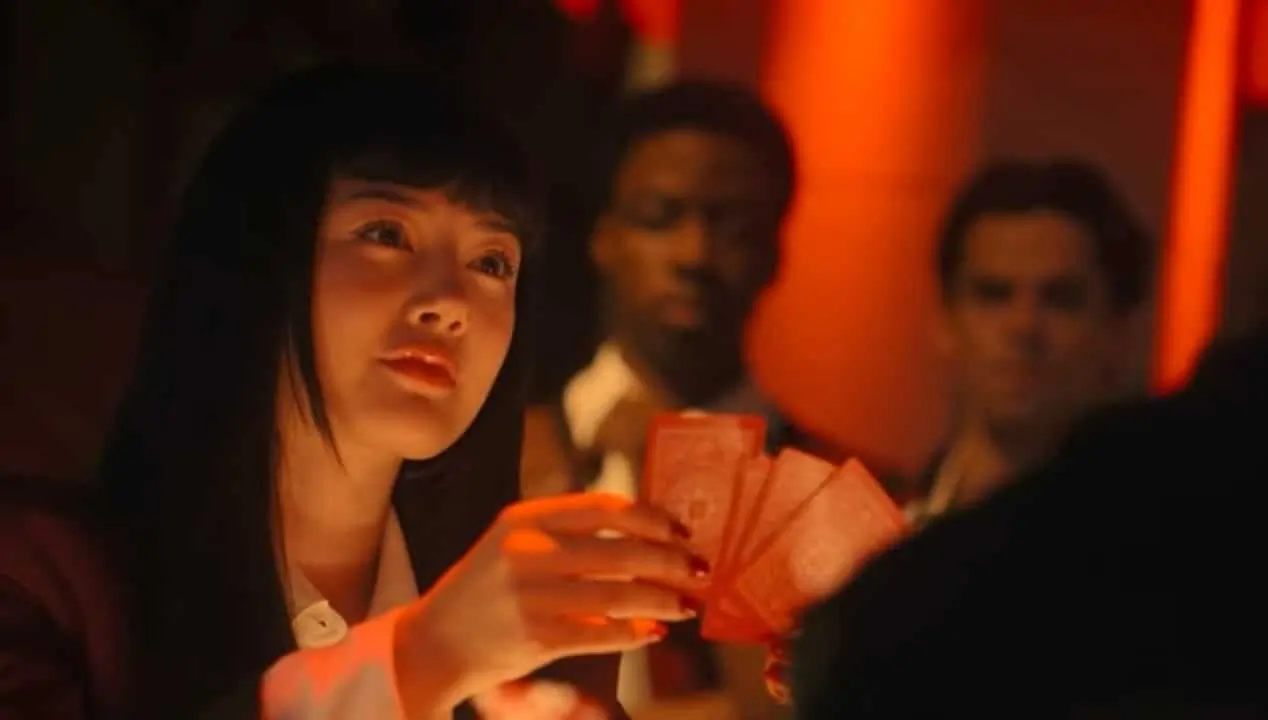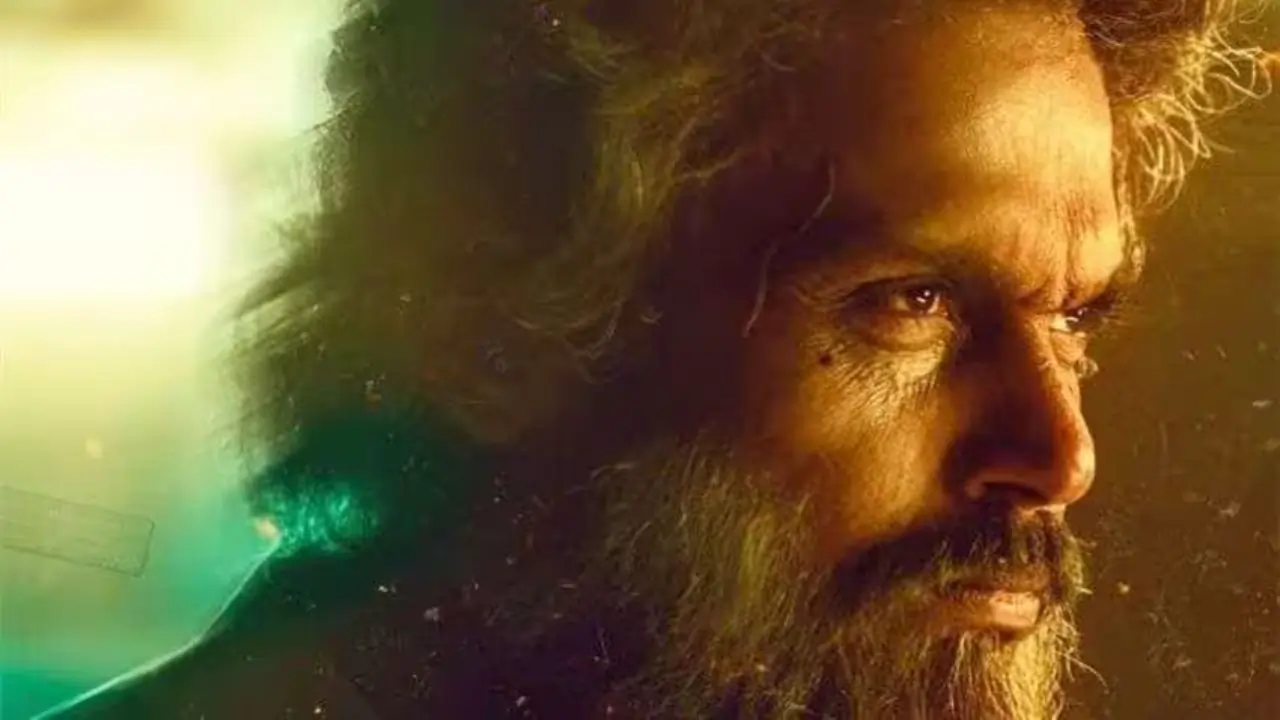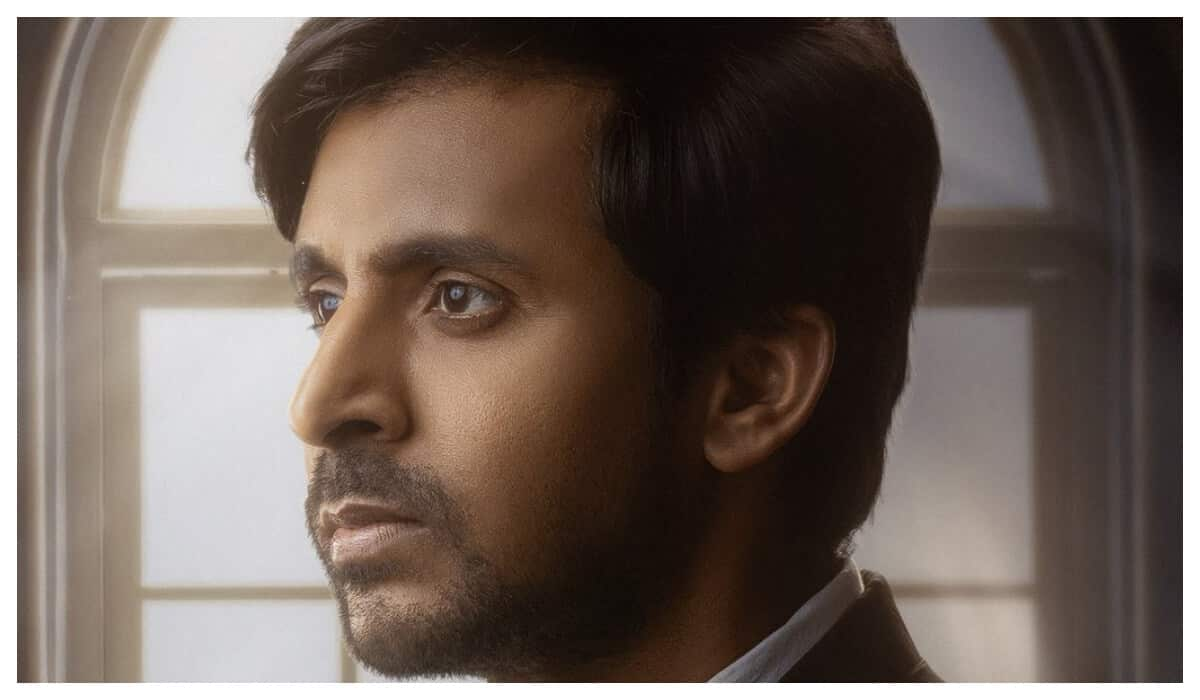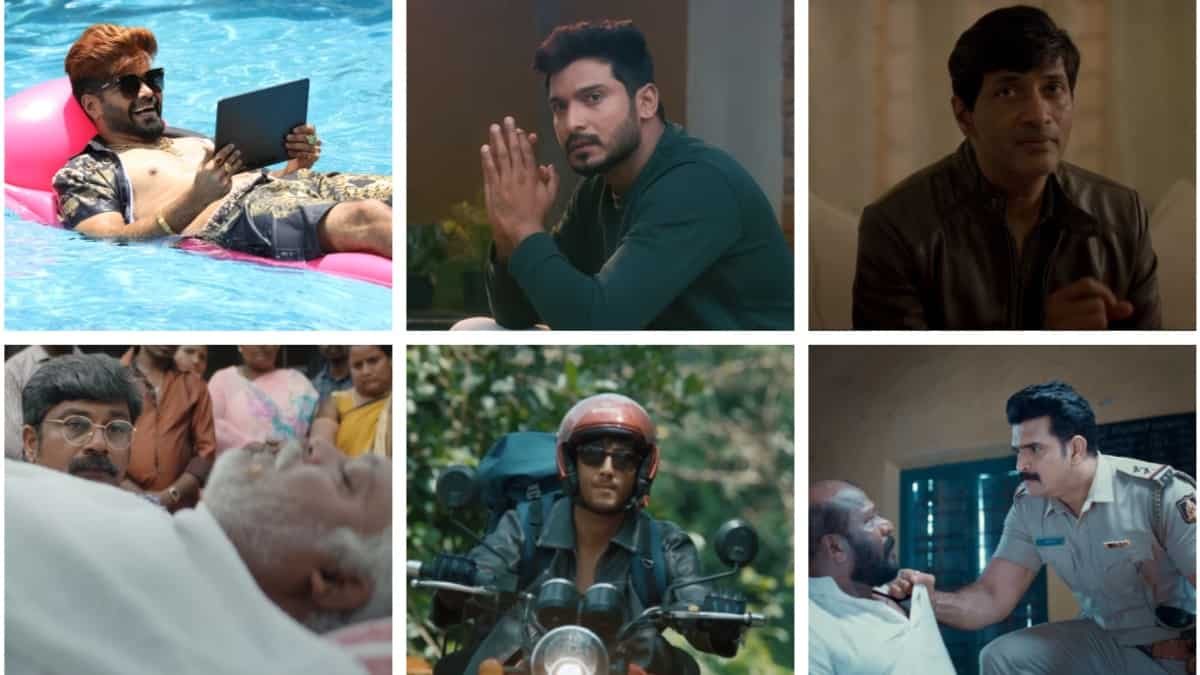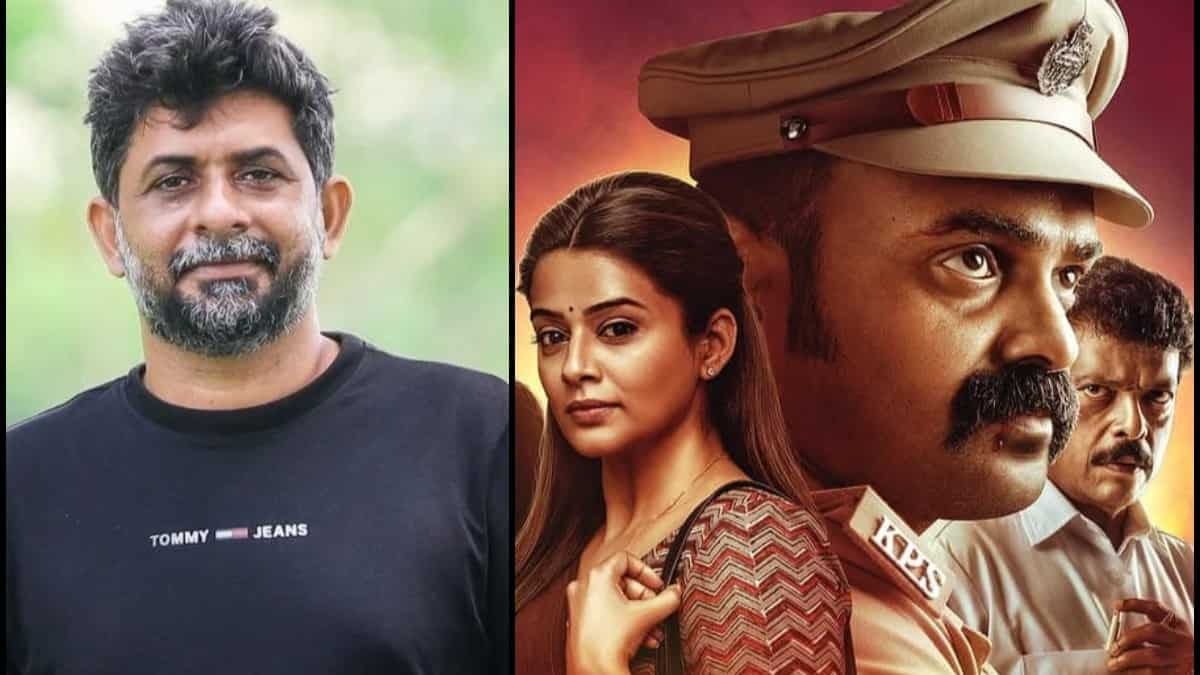
Kunchacko Boban's Officer On Duty: Shahi Kabir Claims It's More Fast-Paced and Heroic than Joseph
2 months ago | 5 Views
Shahi Kabir's scripts, including Nayattu, Joseph, and Ela Veezha Poonchira, have successfully depicted a nuanced portrayal of police officers, highlighting their vulnerabilities and internal struggles. This representation stands in stark contrast to the typical, larger-than-life portrayals of khaki-clad, gun-wielding officers often depicted by prominent stars in Malayalam cinema. Consequently, his latest script, Officer On Duty, which features Kunchacko Boban in the role of a police officer once again, holds the promise of delivering an engaging experience for the audience.
In an informal discussion, Shahi elaborates on what viewers can anticipate from the Jithu Asharaf-directed film, which also stars Priyamani and Jagadish, as well as his motivations for illustrating the more vulnerable aspects of law enforcement personnel and other related topics.
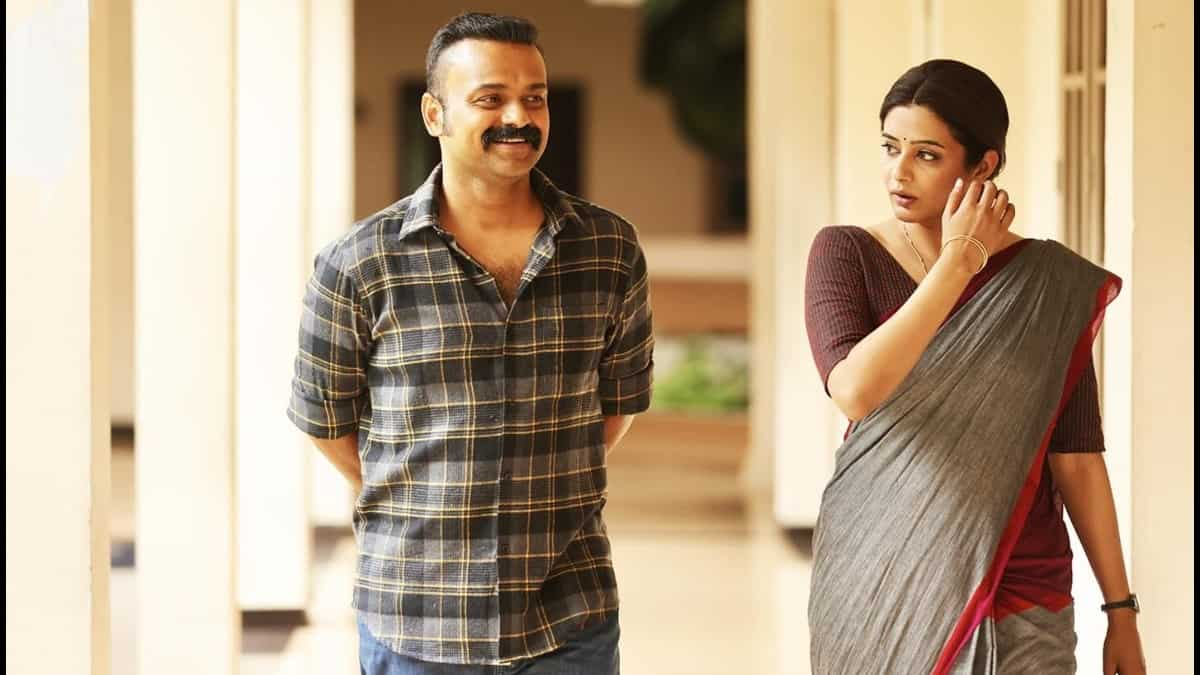
Your scripts have always made for intense police thrillers. Does Officer On Duty follow the same trend?
Officer On Duty distinguishes itself from films such as Nayattu and Ela Veezha Poonchira. It possesses a quicker pace than Joseph and offers greater opportunities for emotional and familial drama. This film incorporates elements of heroism, investigation, and action, despite not being classified strictly as an action film.
The films you referenced feature conflicted police officers as their central characters—whether it is a retired officer grappling with past traumas in Joseph or a cop and his partner facing isolation and betrayal in Ela Veezha Poonchira.
The complexity of these characters resonates with audiences because, historically, police officers in Malayalam cinema were primarily celebrated for their heroism. They were depicted as individuals capable of overcoming any challenge, embodying the courage of a lion. However, in reality, all individuals, including police officers, face the struggles that life presents. Life encompasses both triumphs and challenges. In Officer On Duty, a similar portrayal of a police officer is evident, with Chackochan (Kunchacko Boban) delivering a performance rich in nuance.
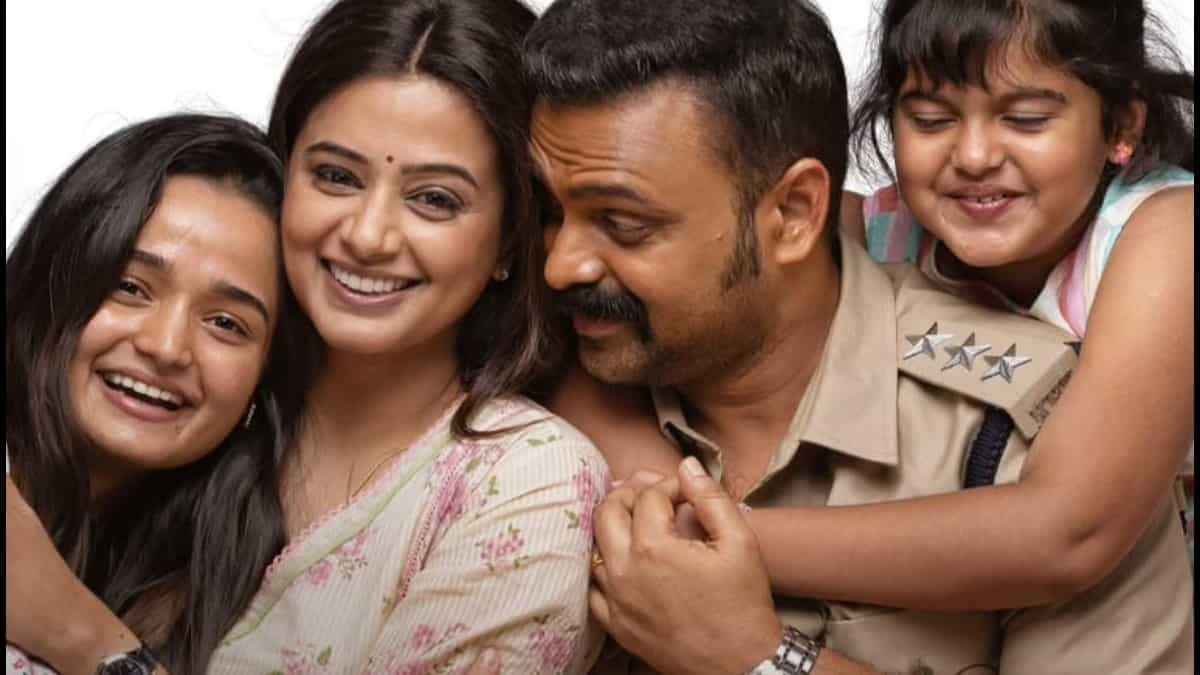
It’s your second film with Kunchacko after Nayattu. How different were the two characters?
There is no resemblance whatsoever. The character must confront his internal struggles while simultaneously advancing an investigation. This film adheres more closely to a commercial framework compared to my earlier works, and I anticipate it will appeal to a broader audience. When asked if it contains social commentary, I would say it does, albeit to a limited extent. Additionally, this character embodies heroism, making any comparisons to my previous films unfounded.
You have also served as a police officer, and your films have portrayed a different perspective on law enforcement. Do you believe they are often misunderstood?
I do believe that to be the case. In our society, there is a prevalent perception that police officers are unfeeling and harsh individuals. This stereotype is largely shaped by their portrayal in films and on social media. Even those who have never set foot in a police station tend to view officers as a distinct type of person. In my films, I have endeavoured to depict them as ordinary individuals. In this film as well, the protagonist's human side is evident, revealing that he is not immune to flaws.
We are all individuals with our own traumas, and we often prefer to avoid revisiting these distressing experiences. However, when one dons the uniform, there is no option to evade such confrontations; facing whatever trauma arises is an inherent part of a police officer's duty.
The actors that you worked with, including Kunchacko, Joju George and Soubin Shahir, have all said that your scripts have pushed them out of their comfort zone. Does that become a challenge while casting people?
Casting actors involves a collaborative decision-making process. For example, Martin (Prakkat) Chettan is the producer of this film, and I, along with director Jithu Ashar—who began his career with Blessy sir and has worked on projects like Nayattu and Iratta—engage in discussions regarding potential cast members before making the final selection.
The actors in question, including Chackochan, Joju, and Soubin, are individuals who seek to explore new avenues with each role they undertake. They embrace the challenges presented to them. When the script is presented, their extensive experience in the industry allows them to quickly grasp the nuances of the characters and their backgrounds. Throughout the filming process, the director provides valuable insights to enhance their interpretations. Ultimately, the distinctiveness of their characters is attributed to their commitment and the effort they invest in their performances.
You have written Officer On Duty after directing Ela Veezha Poonchira. Do you find more joy helming a film or writing one and letting another director visualise it on screen?
I must be entirely convinced before I can take on the role of directing a film. I have previously directed another project featuring Roshan Mathew and Dileesh Pothan. This film also revolves around a police narrative and addresses pertinent themes. However, when crafting a script for another director, it is essential to accommodate their vision regarding the development of the story. The writing process is inherently collaborative, as it is ultimately their film, and they must be satisfied with the material provided. Nevertheless, it is worth noting that writing tends to be less challenging than directing.
Get the latest Bollywood entertainment news, trending celebrity news, latest celebrity news, new movie reviews, latest entertainment news, latest Bollywood news, and Bollywood celebrity fashion & style updates!


